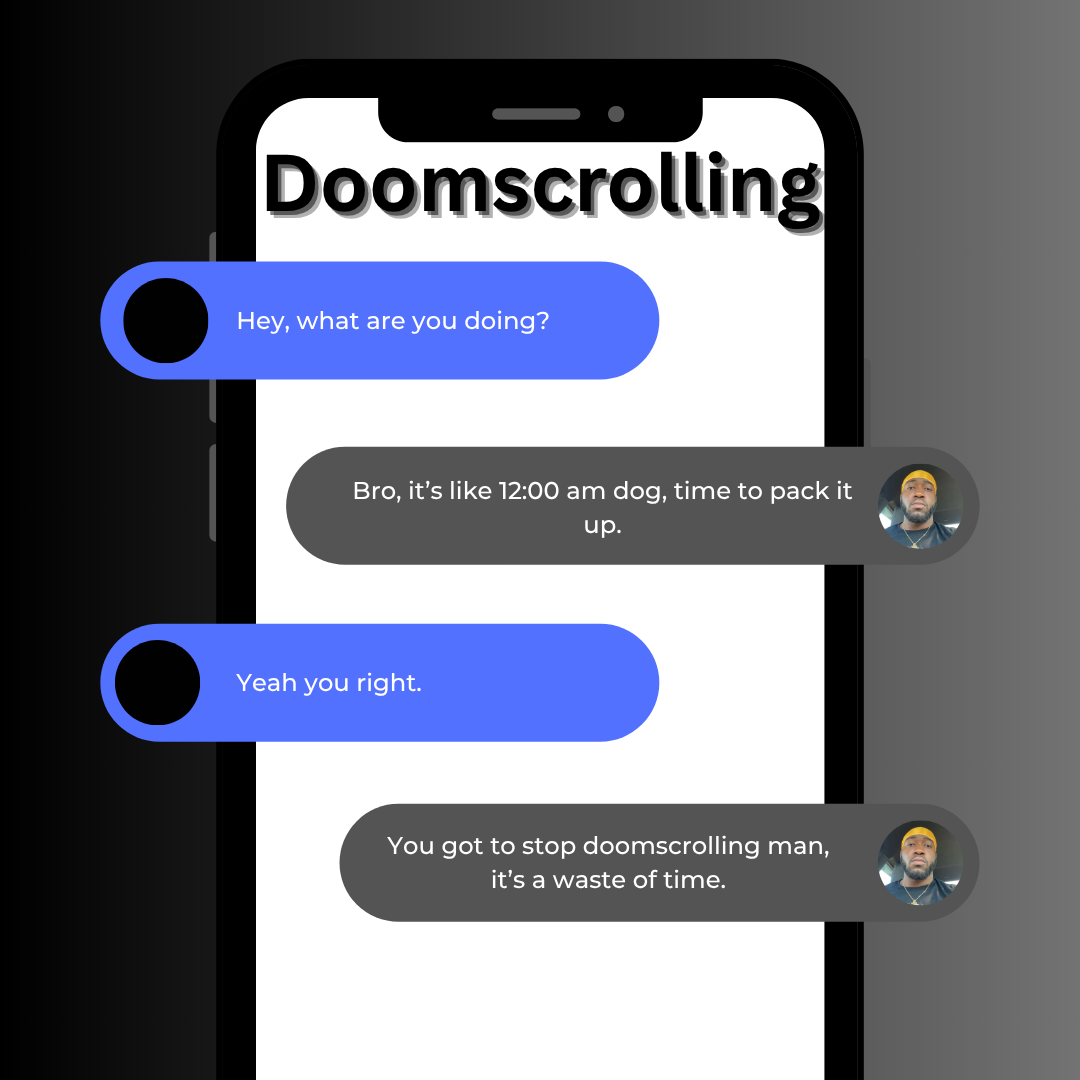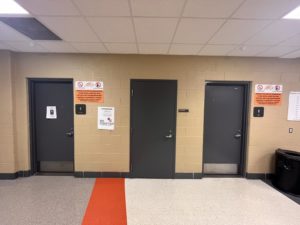Seasonal depression on the rise
Common disorder affects many people’s daily lives
In a given year, about 5 percent of the U.S. population experiences seasonal depression, according to Mental Health America. photo illustration by Natalie Garwood; model by Savannah Vanpamel
January 28, 2022
When the holiday season dies down, seasonal depression kicks in during the winter months. When the seasons shift, many people can feel like they have a loss in energy, that they have trouble concentrating, have a reduce of interest in the things they enjoy, or could have trouble sleeping. It is important for those who experience this phenomenon to seek help as it can alter your daily life.
Teenagers are especially of concern as they have many things that are already on their mind like school, work, or even stuff happening at home. The school should certainly be a way for students to seek guidance for their issues.
“We have an incredible team in the counseling department,” principal Tom Lietz said, “who will meet with individual students, can provide resources, and try to help our students.”
Students, such as senior Ella Derisley, agrees that students should contact their counselors for help with their personal issues.
“Students should talk to their school counselors and people in general should talk to friends and family,” Derisley said. “Incorporate things that you love to do in your daily life.”
The condition hits people way worse nowadays due to the affects of our current environment.
“Seasonal depression is bad right now because COVID is hitting hard again,” Derisley said. “A lot of us are getting sick, and with that it’s hard to hang out with friends and family.”

Senior Alexis Plonka thinks alternatively on the matter.
“Compared to last year, people before were used to being at home,” Plonka said. “Now we’re back at school, in-person, which in my opinion is more draining than being online.”
Seasonal depression is in itself both a psychological and biological issue. A change in season causes a disturbance with the circadian system. This results in a change in chemicals within the brain and body.
For many, this condition can last months or even years. There are ways of helping with this issue. Taking certain medication that includes serotonin can help elevate mood and help with sleep. Light therapy is another option, as it involves a device that imitates natural outdoor light.
With a condition more obscure like seasonal depression, it is hard to bring it into the spotlight more.
“I believe seasonal depression is a topic that is especially important to discuss with students and teens,” senior Ethan Randazzo said. “Throughout high school, a lot of people go through a whole bunch of emotions and obstacles that can let out the worst in you. But by talking about it on a wide scale, it might make some more to openly talk and be more driven to figure out a game plan. It might not affect everyone, but for the group that it does, it could make a real impact.”
It makes sense for a lot of people these few months to lose sleep, have a change in mood, and have a generally low productivity. With Covid on the rise again, it makes the situation much worse. It is important to be there for the ones who need it as it can make so many lives better.
Students who would like resources on this, or other mental health issues, are encouraged to make an appointment with their school counselor.










